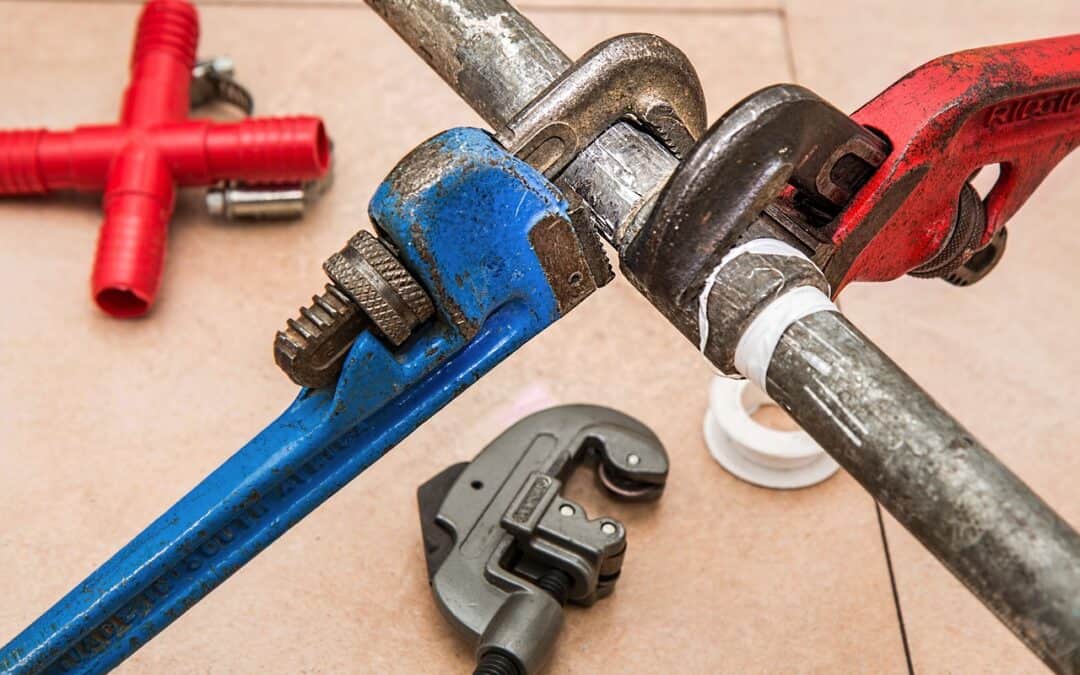When it comes to plumbing, there are many differences between residential and commercial plumbing. Knowing these differences is integral – especially if a plumbing problem needs fixing. After all, you want someone who understands and has previously worked with such plumbing systems. Mostly, several distinctions separate residential and commercial plumbing systems – from the supplies and equipment used to the installation process and maintenance. Learn everything you need to know about the major differences between residential and commercial plumbing here.
Understanding Residential & Commercial Plumbing
You might think all plumbing is the same. In some ways, yes. The whole point of a plumbing system is to bring clean water into your home and carry wastewater out. However, this is only accomplished by utilizing different plumbing systems based on a place’s size. It’s here where residential and commercial plumbing begins to differ.
Residential plumbing involves installing and maintaining plumbing systems in homes and other residential buildings. It covers the installation of pipes, fixtures, and appliances for water supply, drainage, and waste disposal. On the other hand, commercial plumbing involves installing and maintaining plumbing systems in businesses and other larger commercial properties. It includes the installation of larger pipes and more complex plumbing systems than residential plumbing.
Whether you’re a homeowner or a business owner, it’s important to understand the differences between residential and commercial plumbing. Why does it matter? By knowing the difference, you can ensure that you hire the right plumbing contractor and that they have the necessary skills to do the job properly.
Differences in Plumbing Systems
The most obvious difference between residential and commercial plumbing is the size of the plumbing system. Residential plumbing systems are typically much smaller than commercial ones, as residential buildings usually have fewer occupants and use less water. Commercial plumbing systems, on the other hand, generally are much larger and require more powerful equipment and materials. In addition, commercial plumbing systems often require more complex designs and installation processes than residential plumbing systems. That is because commercial buildings typically have more occupants and require more water. Some seemingly residential homes like condos or apartments technically would have commercial plumbing to ensure everyone has access to water. As a result, the plumbing system must accommodate the greater demand for water and waste removal.
Differences in Supplies & Equipment
Another major difference between residential and commercial plumbing is the supplies and equipment used. Residential plumbing systems typically require smaller pipes, fixtures, and appliances than commercial ones. That is because residential plumbing systems are usually much smaller and need fewer supplies and materials. On the other hand, commercial plumbing systems typically require larger pipes, fixtures, and appliances. Commercial plumbing systems are much larger and require more powerful equipment and materials. For example, commercial plumbing systems often require larger water heaters, pumps, and other specialized equipment.
Common Issues & Troubleshooting
Despite the differences between residential and commercial plumbing systems, there are still some common issues that can arise with both. For example, clogged pipes and leaking fixtures are common issues with both residential and commercial plumbing systems. To troubleshoot these issues, it’s important first to identify the cause of the problem. If the problem is a clogged pipe, it’s best to inspect the pipe and identify the source of the clog. If the problem is a leaking fixture, it’s important to locate the source of the leak and determine whether it can be repaired or if the fixture needs to be replaced. These may be similar plumbing issues that they share, but due to plumbing system differences, you would require either a residential or commercial plumber to handle the job.
In conclusion, there are many differences between residential and commercial plumbing. Several distinctions separate residential and commercial plumbing systems from the supplies and equipment used for installation and maintenance. It’s important to understand these differences to ensure that you hire the right plumbing contractor and that they have the necessary skills to do the job properly. If you’re a homeowner or a business owner and need help with your plumbing system, make sure to contact a professional plumber who has experience with both residential and commercial plumbing. They can help you identify the source of the problem and provide the necessary repairs or maintenance. With the right plumber, you can be sure that your plumbing system is in good hands.

Recent Comments